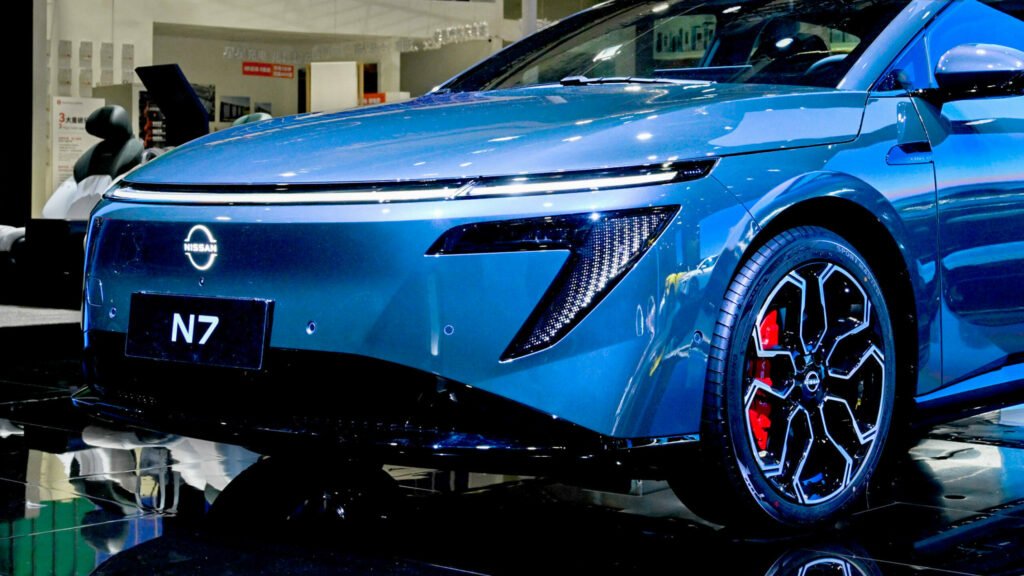

- Nissan reported a $4.5 billion net loss in the last financial year.
- The automaker posted a first-quarter loss of $1.38 billion.
- Two members of the Nissan board of directors have been ousted.
Nissan has been in dire straits since last year and is in desperate need of a turnaround. Not only did its merger with Honda collapse in front of the whole world, but it continues to lose money, will cut 20,000 jobs, and close seven of its production facilities. The deepening turmoil at Nissan was on full display during the automaker’s annual general meeting earlier this week.
During the meeting front by new chief executive Ivan Espinosa, Nissan reported a $4.5 billion net loss in the last financial year. It failed to provide an earnings forecast for the current year, but estimated a first-quarter loss of 200 billion yen or $1.38 billion at current exchange rates. In addition, Nissan has suspended its dividends.
Read: Nissan’s Big Bet On The Murano Could Be Turning Into A Major Flop
The meeting, held at Nissan’s headquarters in Yokohama, Japan, was attended by 1,071 shareholders. Espinosa confirmed during the event that former Nissan chief executive Makoto Uchida, as well as chairman of the board of Renault, Jean-Dominique Senard, have both been replaced on Nissan’s board of directors.
One shareholder proposal asserted that “the capability of former CEO Makito Uchida as an executive is extremely low,” and said the board of directors must take responsibility for “selecting such an individual as CEO.” It also said that the directors who appointed Uchida as CEO “should leave the company.” Despite the strongly worded proposal, Nissan’s board of directors rejected it.

Another shareholder claimed that Nissan has tried to “shift its responsibilities to frontline workers” by cutting their jobs, while many executives retain their positions. Nissan also faced complaints about cutting the dividend.
There was also a proposal for Nissan to take action on Nissan Shatai, its listed subsidiary. However, it was voted down by the shareholders and also opposed by Nissan. Some Japanese brands, including Toyota, are being encouraged to clear up “parent-child listings” or subsidiaries that can impact governance. For example, Toyota plans to take its listed Toyota Industries 6201.T subsidiary private in a $33 billion transaction.




